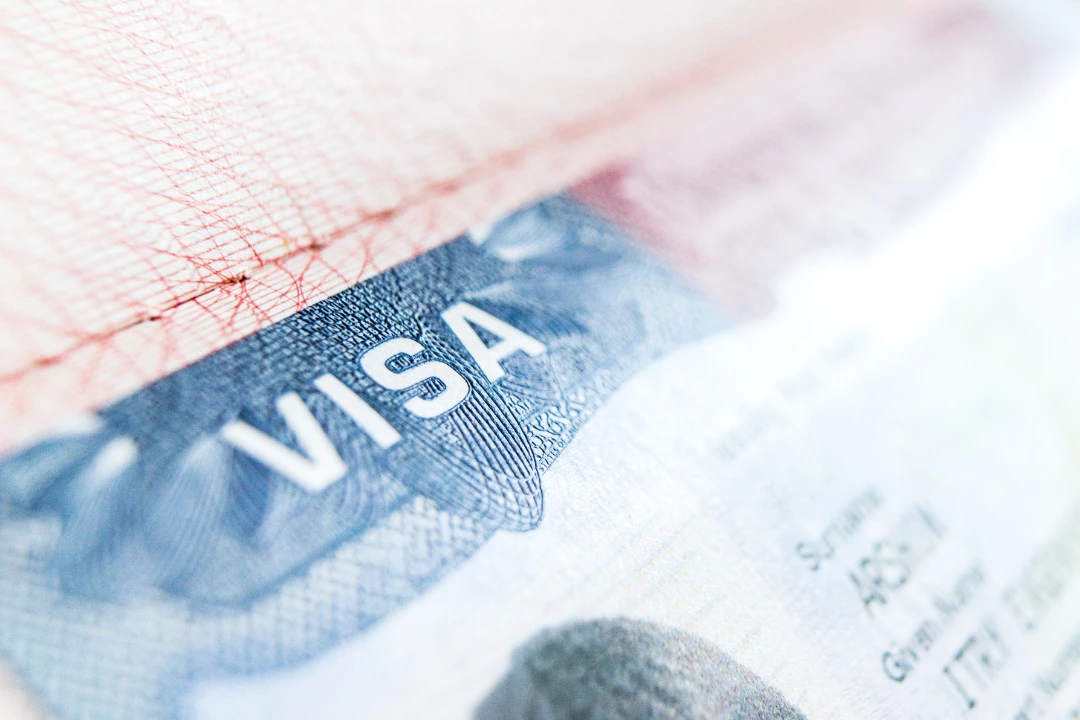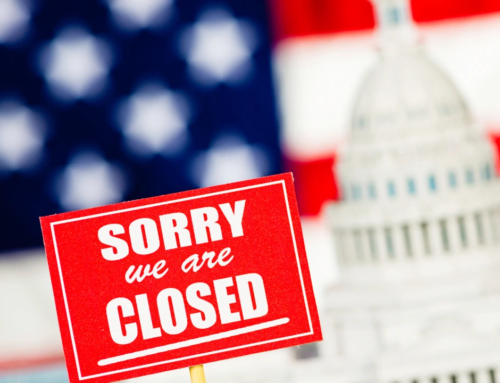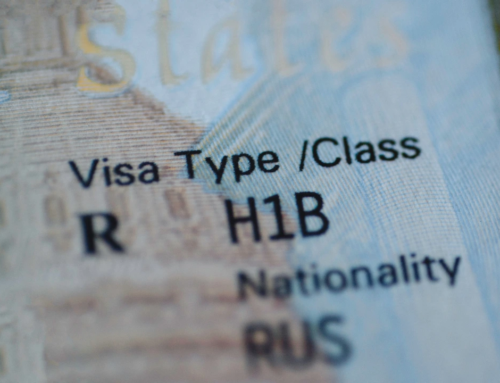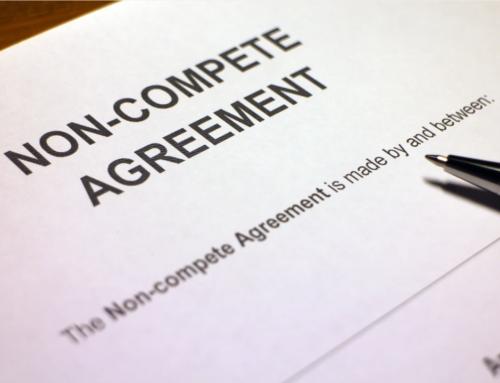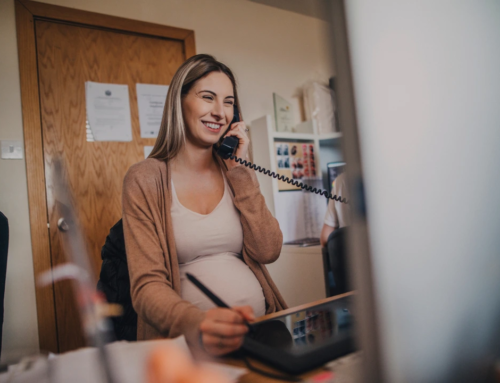DHS Proposal Seeks to Reshape H-1B Visa Lottery
The Department of Homeland Security (DHS) announced a major proposal on September 23, 2025, that would fundamentally change how the H-1B lottery operates. The proposal is part of the administration’s effort to reduce fraud, improve fairness, and align the lottery with labor market needs.
These proposed lottery reforms come only days after the Trump administration announced a $100K H-1B visa petition fee, adding yet another layer of cost and complexity for employers.
Currently, employers or affiliated entities may submit multiple registrations for the same foreign worker, giving that individual several chances at selection. DHS proposes a beneficiary-based system, under which each worker would be assigned a unique identifier and entered into the lottery only once, regardless of the number of employer registrations. Officials argue this will restore fairness to the program and limit abuse. For employers, it means no more relying on multiple filings to boost odds of success.
Proposed Wage-Weighted System for H-1B Lottery Selection
While the beneficiary-based system is a major structural shift, DHS is also proposing to change how entries are weighted in the lottery itself. Under the new approach, a beneficiary’s odds of selection would increase based on the wage level offered by their prospective employer.
- Level 4 wage (highest): 4 entries
- Level 3 wage: 3 entries
- Level 2 wage: 2 entries
- Level 1 wage (lowest): 1 entry
This system is intended to favor employers who offer salaries at or above the prevailing wage scale and to channel visas toward higher-paid, higher-skilled positions. DHS officials argue that this will protect U.S. workers by discouraging the use of H-1B visas for low-wage roles.
While DHS emphasizes these benefits, critics caution that the change could disadvantage startups, nonprofits, and small businesses that cannot compete with large corporations on salary. For these employers, the likelihood of securing H-1B workers could drop significantly, raising concerns about reduced innovation and diversity in the program.
Additional DHS Proposals Affecting H-1B Visa Rules
The proposed rule goes beyond the lottery mechanics. DHS also seeks to:
- Clarify cap-exempt eligibility for nonprofits, higher education institutions, and affiliated research organizations.
- Establish more consistent start-date rules to prevent technical rejections of petitions.
- Streamline the petition filing process to ease administrative backlogs and reduce uncertainty for employers.
While these provisions have drawn less attention than the lottery reforms, they could meaningfully affect employers that file H-1B petitions regularly, particularly universities and research institutions.
Public Comment Period and Next Steps
The proposed rule will be formally published in the Federal Register on September 24, 2025. From that date, DHS will accept public comments for 30 days before finalizing the regulation. Business associations, universities, immigration attorneys, and advocacy groups are expected to weigh in heavily.
For HR and business leaders, the message is clear: if your organization depends on H-1B workers, you need to start preparing now. The combination of beneficiary-based registration and wage-weighted selection could dramatically alter your recruiting odds, compliance responsibilities, and budget planning.
Even though the rule is not yet final, employers should:
- Review their current H-1B registration practices to ensure accuracy and transparency.
- Consult with legal and immigration experts about how wage-weighted selection may affect workforce planning.
- Consider alternative talent strategies, such as domestic upskilling programs or expanding remote hiring pools.
What the Proposed H-1B Lottery Changes Mean for Employers
The proposed rule will be formally published in the Federal Register on September 24, 2025, with a 30-day public comment period to follow. Business associations, universities, immigration attorneys, and advocacy groups are expected to weigh in heavily before the regulation is finalized.
If enacted, the changes would mark one of the most significant shifts to the H-1B lottery in years. By ending duplicate filings and weighting selection toward higher wage levels, the system is designed to prioritize higher-paid, higher-skilled positions. At the same time, the proposal raises questions about whether smaller employers, nonprofits, and startups will be able to compete in the new system.
For now, employers should focus on staying informed. The next month will shape how the rule takes form, and its outcome could influence workforce strategies for years to come. Keeping leadership teams aware of these developments will be critical to planning ahead, even while the rule remains under review.
As DHS considers reshaping the H-1B program, employers that stay proactive will be best positioned to adapt. Inova Payroll’s HR Assist service provides expert support to help you interpret regulatory updates and keep your workforce strategies aligned with compliance requirements. Learn more here »
